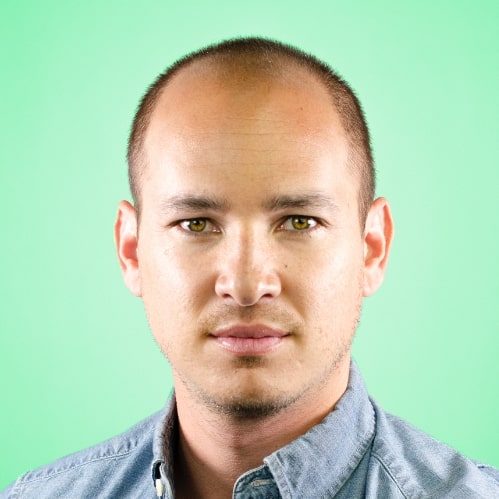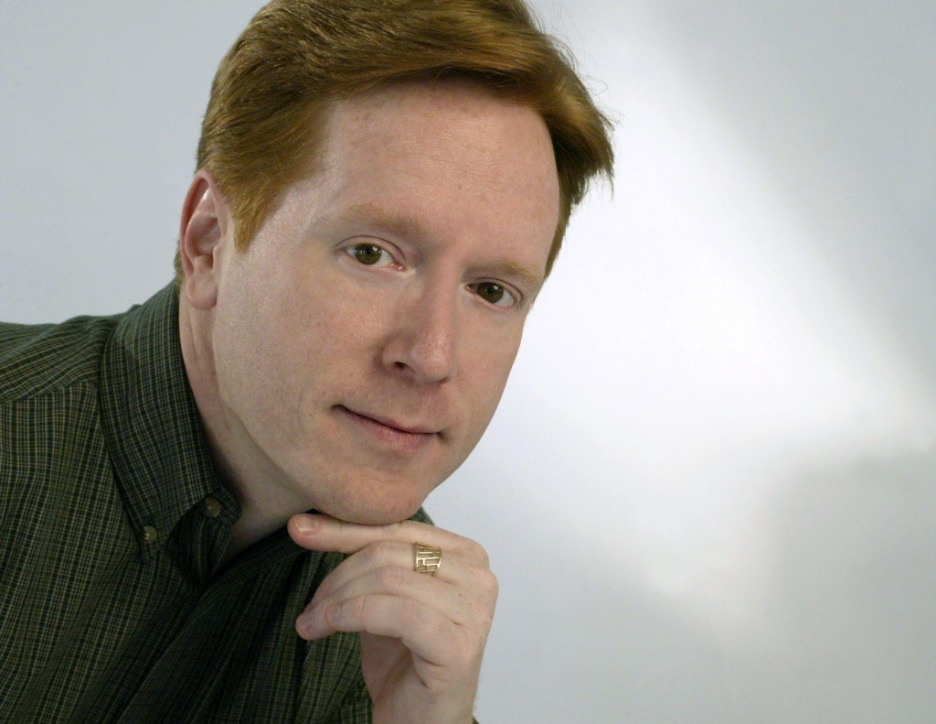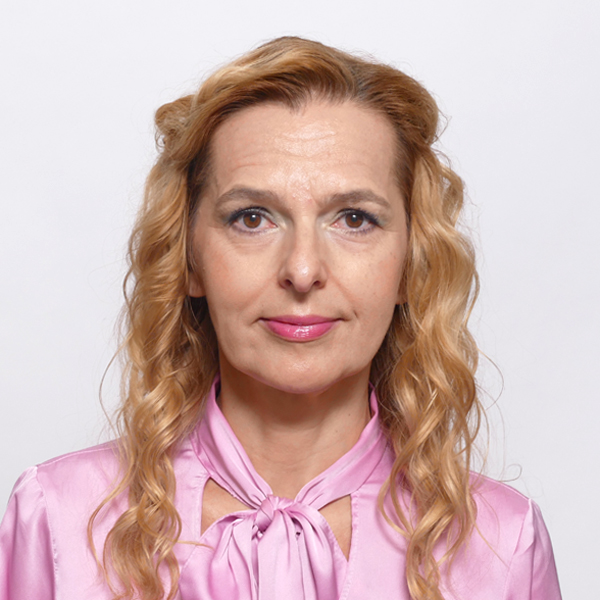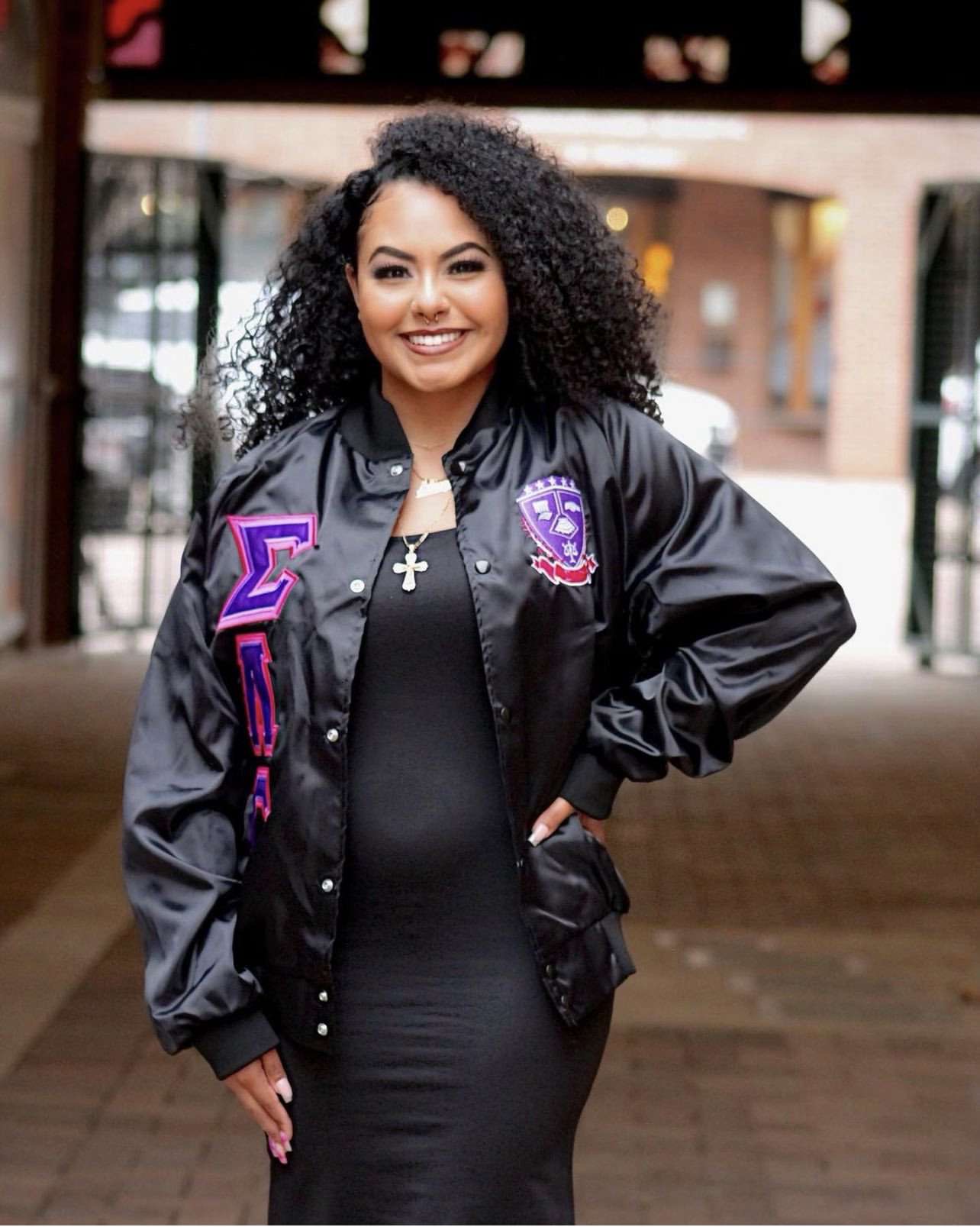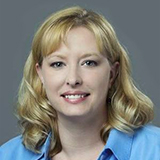
Director of the Natural and Health Sciences Advising Center, Beckie Croissant, discusses the new strategies to for student success at UNC.
My name is Beckie Croissant and I am the director of the Natural and Health Sciences advising center.
I started working at UNC in 2002. I was hired as a front office assistant in the School of teacher education in the College of Ed. And I worked in that position for a few years and then I was promoted to the administrative aid to the Dean in the brand new college of Natural and Health Sciences that was developed in 2006.
What was it before NHS?
Before that it was two colleges. It was half arts and sciences and half health and human sciences. So they combined some of the programs in Ross and all of the programs in Gunter into one college.
And if we fast forward to now, what do we have here at NHS?
So I worked within that office for multiple years and had two different positions. So in 2012, I was promoted to the student services specialist for the college where I started working more with students and advising. And over the eight, nine years 13 years of doing that, my role really got more into advising and retention of students.
Last July, Burkhard Englert who is the dean of the College, started working and in our first meeting together, he said, 'we need an advising center, make it happen.' And so I did!
I worked with faculty in the college, the current professional advisors, so a lot of the programs already had professional advisors, but also doing a mix of staff and faculty advising. And with the Dean and the others in the Dean's office. And we created really kind of best practices for an advising center based purely on the student centered aspect of it. 'What do students need?' We sent out a survey to our current students on how they felt about their advising experience. And although most of it was positive that they enjoyed, they felt they got what they needed out of it. There was a lot lacking in terms of developmental and social. So they, they got the academic side, like what classes do I need to take? But they were missing the other side of connections being made and, just having somewhere to come and feel, you know, a connection or like feel part of something.
Maybe a sense of belonging?
Yeah.
And how does, how does the academic center provides something like that, that area of the student wellbeing?
So when we started working on the center, the big push for the location was we wanted somewhere where we could almost provide like a living room for students. And the location we are in actually does that. We have a couch and everything.
It makes a difference.
Yes it does! So we worked to make sure that it was welcoming and inclusive. But we only opened at the beginning of June, so we're still working on hanging things up and that kind of stuff. But we wanted it to be where students could come and just hang out. We're gonna provide snacks for students. We have a conference room where they can reserve faculty and students can reserve it for quiet study time and also group sessions. And we have a microwave if they need to use it. And then we each tried to make our offices very welcoming and homey and give a feel that we want students here.
Just curiosity, you say that they can reserve rooms, is that something that they have to come in here and sign up for, is that something online?
Right now it's kind of just come in. So we'll probably have whenever we're not using our conference room for meetings or something, it'll be open for quiet studying time. And then if they want to reserve it for group study, then they can just stop by and say, 'next Tuesday, I'd like to use it from one to two for my friends, you know, my classmates and I to come in and study together.' Yeah. But the rest of the time I'll be expected to be quiet.
Is there anything else within the center that you've been developing? I know it's so new and so there's probably a lot going on in the head, but what have some ideas been?
The major exploration and academic probation, which is a program that focused on exploring students and students on academic probation has changed their focus. And so students who are on academic probation are now going to be working with us individually, which I think will be a great focus because we can really monitor them throughout their entire process and make sure that they're being successful in what they need to be in and that they're in the right major for what they need to do. So that is something we're all learning.
We all come together pretty much every morning and hang out in the living room, all the staff in the center and kind of, you know, pitch ideas. 'What have we tried this? What if we do that?' We want to collaborate with faculty on offering workshops and events for students. We'll have an open house this summer for anyone who's on campus. And then another one in the fall. During orientation sessions, we have been like introducing the students to the center. And so again, that once they step on campus in the fall, they're already feeling a connection to the building or the room and then also twist.
Do students recognize what a college is versus a program and department? So I'm a first gen and I walk in and I'm kind of overwhelmed. I hear NHS, 'natural health sciences.' But then within that there's all of these, almost like a Russian doll situation where there's something smaller within that. Is that confusion common with students?
Yeah. In fact, I work at graduation every year and students walk up to me and I'm like, 'what college are you in?' and they have no idea. And they've been here fore four or six years [laughs].
Okay, so that makes me feel better about myself, that I'm not the only one.
Yeah. So I think when we talked to them,
We just tried to talk to them from the perspective of their major. UNC and probably all higher Ed is, is very much known for using acronyms. And so in our inclusivity, we're trying to make sure that we spell things out, explain things differently, especially for our first gen students, which is a big population at UNC and especially in our college - yeah, we're really working on that. Each of our advisors have doors with listed majors. We don't use the acronyms, we write out what they are. And on our website, same thing like, you know.
So with, within NHS, natural and health sciences, the, there are a lot, I know, to my knowledge, there's sport and exercise science and nutrition. Is Nursing in there?
Yes.
Okay. Biology, chemistry... What am I missing?
Earth sciences, Physics and astronomy, Recreation, tourism and hospitality, Human services, Audiology and speech-language sciences.
I forgot about Gunter's garden level.
Yeah. And Mathematical Sciences.
We also have a pre health advisor and she focuses on any student who's looking at ongoing into some kind of medical field. And that could be students within our college but also in other colleges. So there are students who major in English and then do a pre-health emphasis. So students will take courses to get into medical school.
So students apply to medical school after getting their degree here.
Yeah.
Ah, that's rather interdisciplinary.
Yes.
You mentioned how they have the majors on all of the advisor's doors. Is it that every individual here in the center, they have their special, their specialty?
Yeah, so each of us has a focus. I am the director, but I also have an advising load of multiple majors. I have all the small majors. And then, Frank who is the assistant director, has assistant director duties and then also advises for biology and chemistry. And then each of the other advisors have specific areas so that the students get connected with them. And although our focus is freshmen and sophomore advising, student will then transition to a faculty advisor their junior senior year. We also are hoping that we've built a connection with them. So even if they have questions as juniors and seniors outside of specifically what classes to take, they'll come back and see us.
The student will have that personal touch here.
Yeah. Just that the sense of belonging that goes until they graduate.
Which is needed.
A big purpose of the advising center - and this is really coming down from the new president is, improving retention and graduation rates for our students. So right now for Natural and Health Science majors are first time freshman fall to fall. Retention rate is about 62.9%, which is low compared to UNC in general is 71.5%. And then Colorado for four year public institutions, is closer to 80%. So the president's pushes for UNC's first time freshmen fall to fall retention rate to be closer to 80%.
NHS will have an integral part in that. So I'm connecting with our students right away. I'm doing a lot of outreach to our first gen students and students who are coming in less prepared academically than others. We're going to really outreach to them and, and start connecting with them from the start being on top of everything they're doing. Also, Making sure they're in the right major, because even though we want to increase retention in our college, our main focus is making sure the fit is right for students. And so if that is even helping them connect it with a major in a different college, that's what we're going to do.
What is great is that we have a great connection with the other advisors in all the colleges on UNC. Stephanie Torres, who is the assistant vice president for student success, has started spearheading an initiative to oversee all advising services and training of advisors on campus. And this summer, we've been doing a lot of trainings and so that's the professional advisors, but then also creating stuff for faculty advisors as well so that they no matter where a student goes to, they're going to have the initial contacts and context and...
Continuity. All of the cons - All of the positive cons.
Yeah, all of the positive cons. We'll all be the same that a student will get what they need no matter what major.
So within Ross Hall, we are on the first floor room 1210 and we are just a few doors down from the writing center and also the mathematics lab. When we first looked for a center, we were trying to find the best location - again, from the student's standpoint and we want to be where the students are. Ross Hall made the most sense. So even the majors within Gunter Hall, the first two years they're taking the majority of their classes on the west side of campus. L.A.C's, science, math...so we decided to be where the students are. And we moved all the professional advisors that were in Gunter over here, and then also the ones that were spread out through Ross into here. So, we're all here together, which is great because then a student could come see me and say 'this is my major, but I'm maybe thinking I want to change to biology.' Oh, okay, well that's two doors down from me. I'm going to walk you over and you're going to talk to frank. And it already has happened multiple times this summer, so that's been great.
Probably answering so many questions that have not been addressed for so long.
Yeah. It's also great to be directly across the street from Bear Central, which just opened in the spring, which includes the registrar's office, financial aid, Bursar, and the Pie cafe of course. But that's great cause we walk students over there all the time and say, Hey, this is where you need to come and it gives us a chance to get out, get some exercise and then also, you know, make sure the students are needing to go. We're not just saying 'go here,' but we're personally taking them there.
Once again, going back to that sense of belonging.
Yeah.
Music
Black Ant – Natural Organics
Podington Bear – Algo Rhythm Natural

